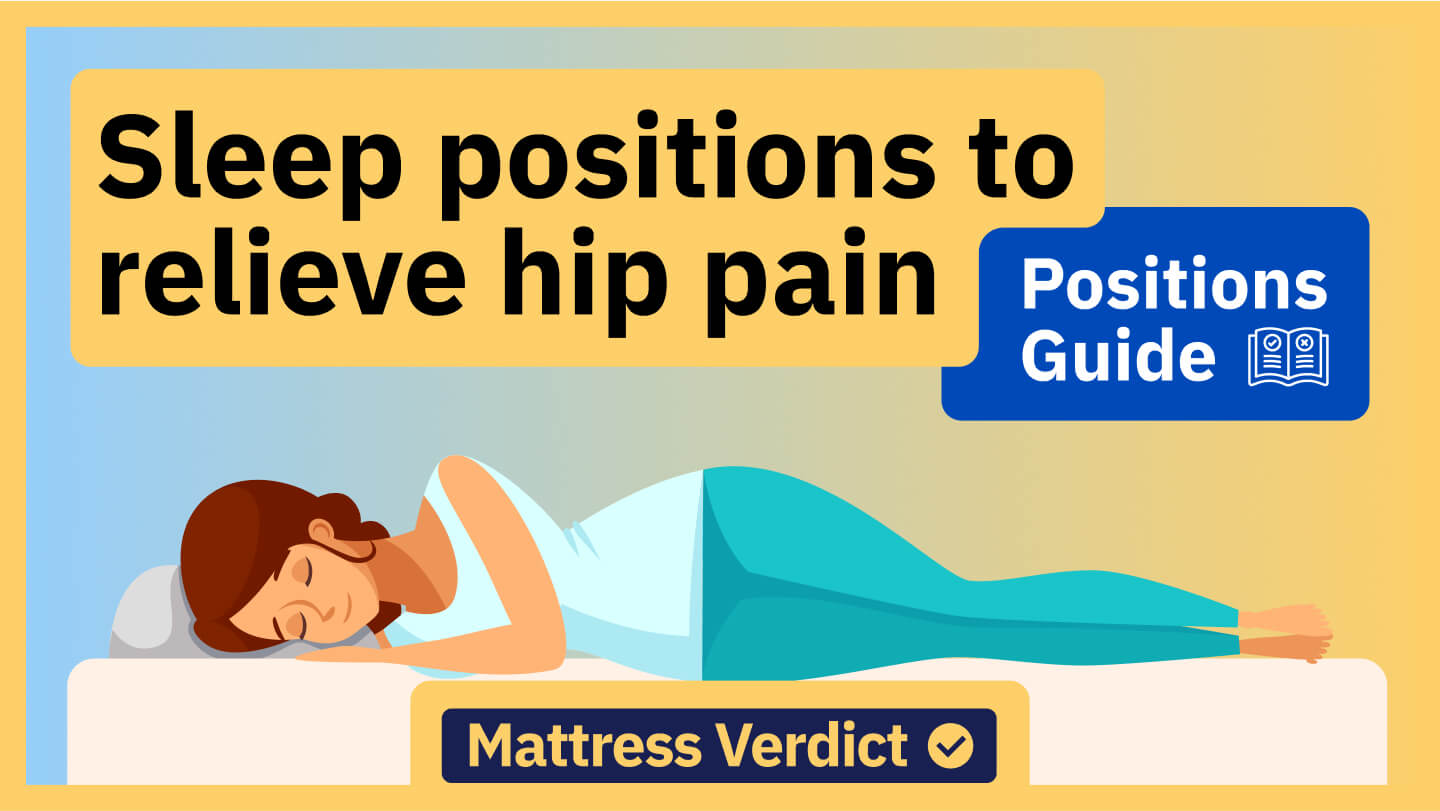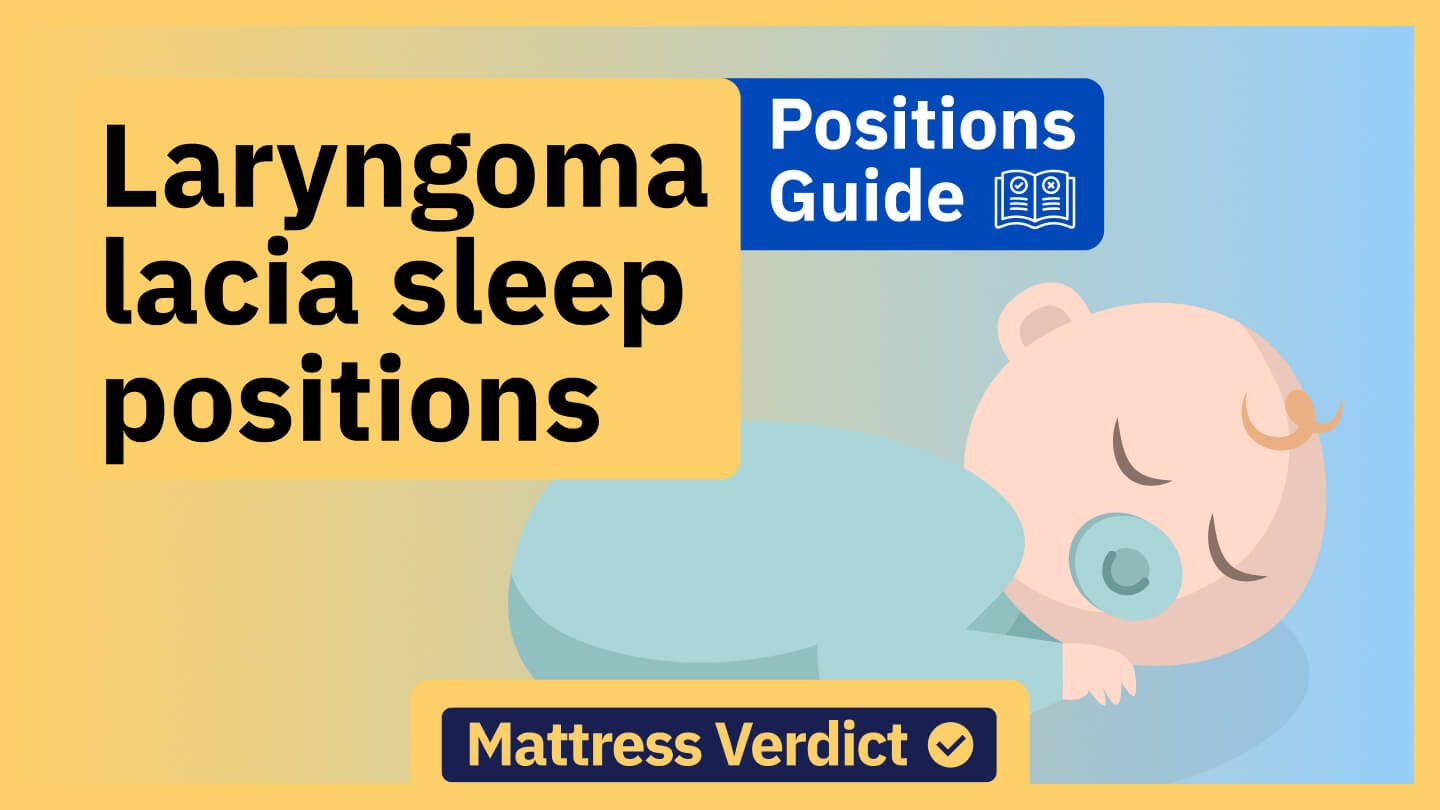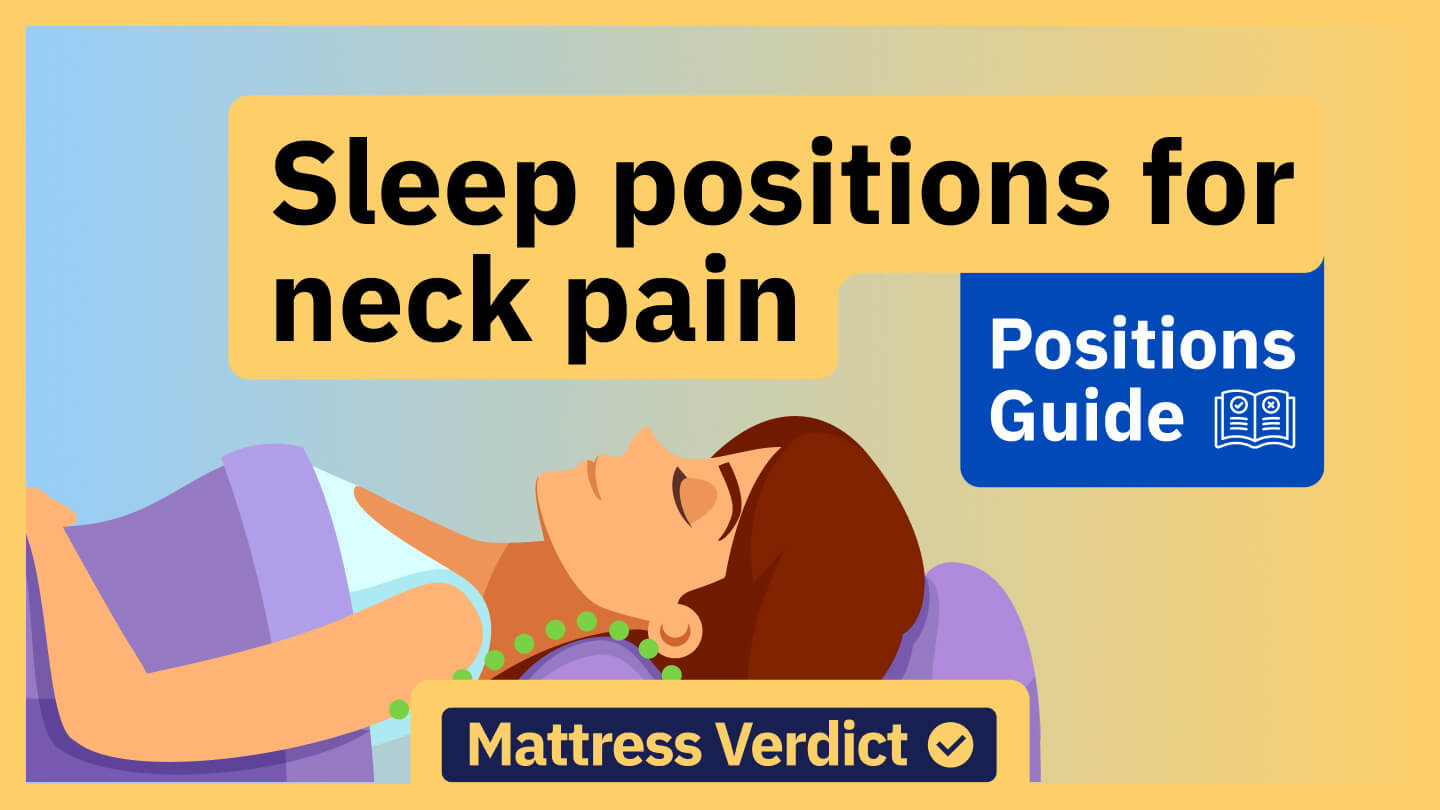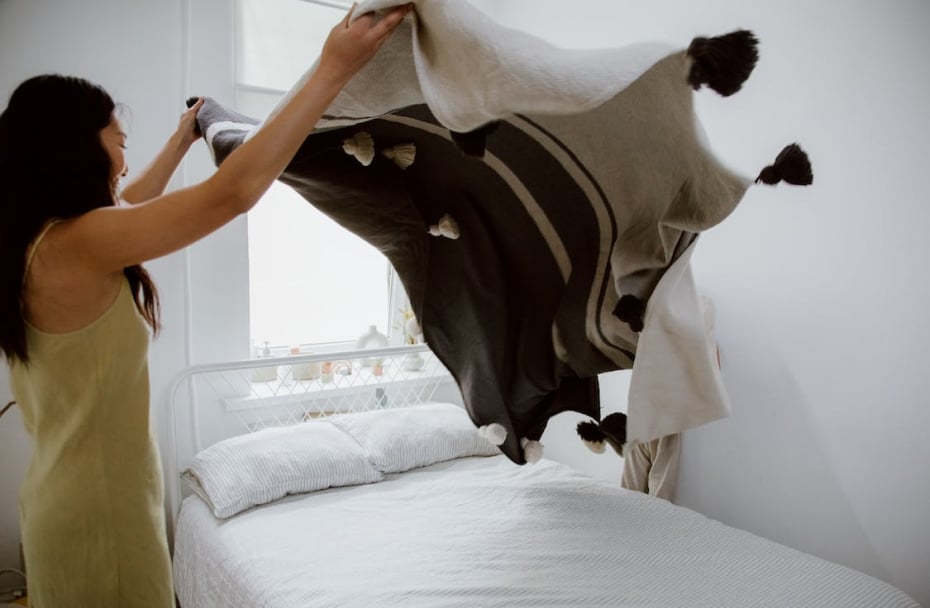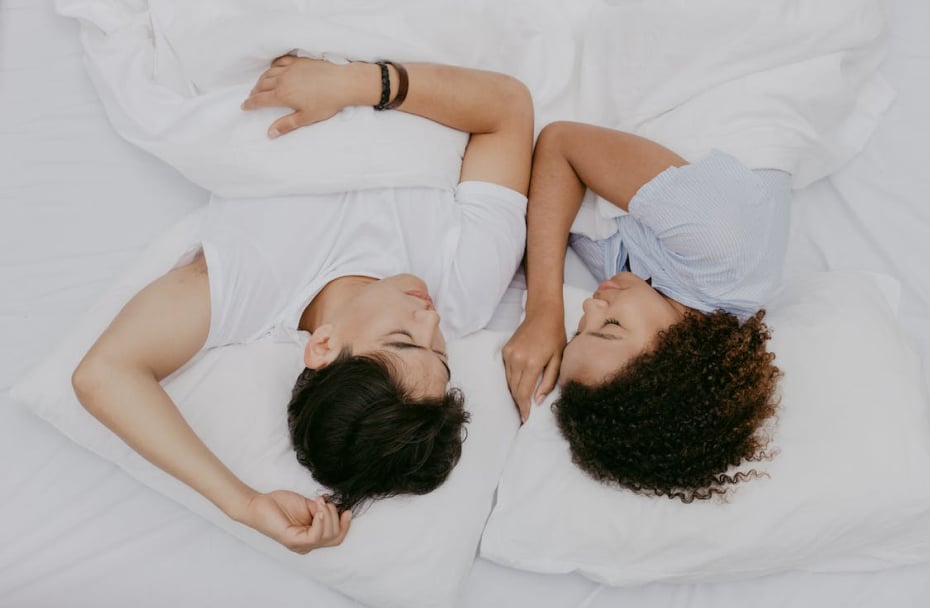



The issue of technology and sleep continues to attract a lot of attention both positively and negatively. On the one hand, wearables like Fitbit can monitor and record your sleep patterns and restlessness. This allows you to take the necessary corrective measures to establish good sleep hygiene and improve the overall quality of life.
On the other hand, bringing electronic devices in the bedroom has also taken its toll on the quality and quantity of sleep. You are not alone if you go to sleep early but scroll through TikTok, Facebook, and Instagram feeds until the wee hours. Numerous studies show that overexposure to blue light increases one’s risk of insomnia, shorter sleep durations, and even depression.
Let’s explore the relationship between blue light and sleep plus tips on how to improve sleep quality in the technology age.
The Science Behind Sleep
To understand how screen time before bed affects sleep, we must understand how we fall asleep and remain that way.
Our sleep-wake cycle is controlled by the circadian rhythm. The circadian rhythm is an internal clock that tells the brain when to feel sleep or wake in response to light and darkness. Light-sensitive cells in our eyes’ retinas keep the circadian rhythm in sync with the 24-hour natural cycle of day and night.
As it gets dark, the circadian rhythm signals the pineal gland to increase the release of melatonin. Melatonin increases drowsiness, which helps promote sleep. When the day breaks and the light intensity increases, the circadian rhythm resets, triggering the pineal gland to reduce the production of melatonin. As a result, we wake up.
The Negative Effects of Blue Light
To that end, the science behind sleep is really simple: when our world goes dark, it’s time to sleep. Fortunately or unfortunately, humans have managed to prolong “their daytime hours” through artificial light. And that’s where our major problem with blue light comes in.
What is blue light?
Blue light is one of the visible colors that make the white light of the sun. The others are what you probably know as ROY G BIV. Blue light is also known as high-energy visible light and is a short wavelength, meaning it gives off more energy.
The sun is the major source of blue light. But we are also exposed to blue light by artificial light sources. Common sources of blue light include;
-
Fluorescent bulbs
-
CFL (compact fluorescent light) bulbs
-
LED lights
-
LED TVs
-
Computer monitors
-
Smartphones
-
Tablets
What does blue light do to your eyes?
A common question today is, “is blue light bad for your eyes?” The short answer is- it depends.
Studies show that exposure to blue light provides several health benefits, including;
-
Helping regulate the circadian rhythm
-
Promoting alertness by suppressing drowsiness
-
Elevating mood
-
Potentially helping improve some skin conditions like acne
But prolonged exposure to blue light, particularly at night is thought to cause retinal damage as a result of photochemical toxicity. That’s because unlike other colors, blue light can penetrate the cornea and lens to reach the light-sensitive retina.
Damage to the retina may result in long-term vision problems, such as age-related macular degeneration (AMD) and cataracts. Also, it may increase the risk of eye cancer. Blue light artificial sources also cause digital eye strain (a.k.a computer vision syndrome), which is characterized by watery or dry eyes, burning or itching eyes, headache, and difficulty concentrating.
The Connection between Electronic Devices and Insomnia
Artificial light at night tricks our brain to think that it’s still day time. This throws the circadian rhythm out of whack, thus suppressing the release of the sleep hormone, melatonin.
If you are among the millions of people who expose themselves to a lot of blue light before bed, you may have problems falling asleep and staying asleep. This is called insomnia and is one of the causes of sleep deprivation.
Tips for Improving Sleep Hygiene
Good sleeping hygiene refers to habits that set you up for a good night of sleep. They are behavioral and environmental practices that you adopt and follow throughout the day and in the hours leading up to sleep. When turned into a routine, they help you achieve the goal of falling asleep easily and getting more restful sleep.
Here are tips for how to get better quality sleep:
- Prioritize sleep- most adults require at least 7 hours of restful sleep to remain healthy and avoid diseases. Add sleep as a high priority in your daily schedule.
- Stick to a sleeping schedule- adopting a regular sleep schedule makes it easy to fall asleep and get better quality sleep.
- Limit blue light exposure 2-3 hours before bedtime- staying away from blue light-emitting devices early enough allows the natural production of melatonin, which promotes drowsiness and sleep.
- Create a sleep conducive environment- keeping your bedroom free of clutter, quiet, dark, and at the right sleep (approx 65 degrees F) is at the center of good sleep hygiene.
Strategies for Reducing Screen Time
Screen addiction is a real thing. Globally, studies show that the average person devotes more than 6 hours on screens connected to the internet every day. Excess screen time has been linked to a wide array of problems, including poor sleep quality, sedentary lifestyle, poor posture, eye strain, anxiety, and depression.
The big question, therefore, is, how do we enjoy the many benefits of technology without it negatively affecting our wellbeing?
-
Install apps that track your screen time on smartphones or computers
-
Turn off phone notifications
-
Turn your devices to dark mode to reduce blue light exposure
-
Consider leaving your mobile devices in a separate room from your bedroom
-
Form a habit of staying away from your digital devices 2-3 hours before sleep time
-
Delete addictive social media platforms
-
Block distracting websites
Summary
It’s almost taboo for most people to stay away from their smartphones, tablets, or computers. But if you think that these devices are taking a toll on your sleep and overall health, the chances are that they are.
From playing white noise to regulating the temperature, there are various ways technology can enhance our sleep. However, when we lose control of our digital devices, they start causing more harm than good. Consider limiting your exposure to blue light before bed time to improve the body’s ability to relax and fall asleep with ease.

